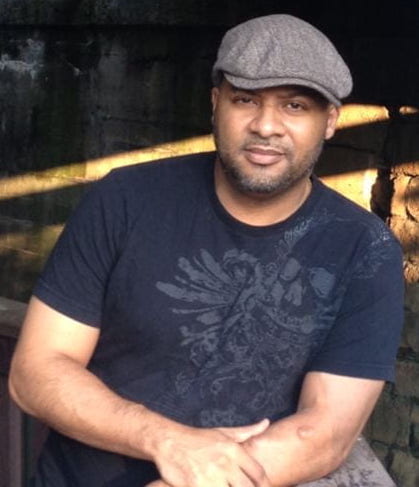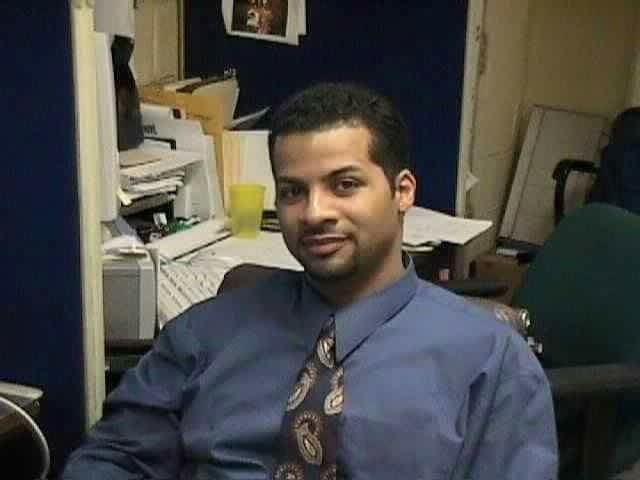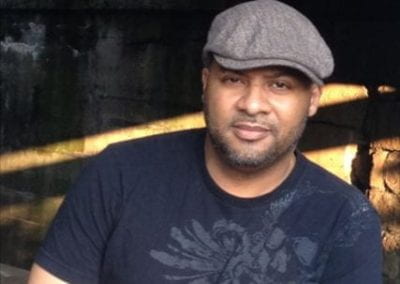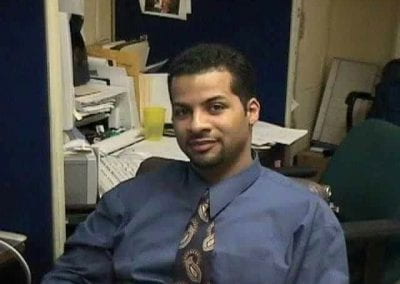Robert Sanchez was an 18-year-old star baseball player attending the High School for Art and Design in New York City when he was caught in the apartment of a drug dealer during a raid. Despite having no drugs on him and no prior convictions, he was sentenced to 15 years to life and spent 15 years behind bars. A relationship with a mentor saved him from despair and propelled him to get an education in prison. When he got out, he devoted himself to helping other prisoners make successful transitions back into the community. When he saves others, he says, he is saving himself.
Robert Sanchez podcast
Robert Sanchez
When Robert Sanchez was 18 years old, his girlfriend became pregnant. He was excited but also scared because they didn’t even have enough money for a crib. Sanchez had never dealt drugs before and had no interest in doing so, but his friend told him how much money he could make and convinced him to come and observe. At the apartment, Sanchez quickly realized this wasn’t the life he wanted. As he was leaving, he remembered he’d left his backpack and went back to retrieve it. While he was there, the police raided the apartment. Even though he had no prior record, no drugs or weapons on him, he was still charged with dealing drugs and sentenced to 15 years in prison.
The start of Sanchez’s prison sentence was the hardest. As a handsome 18-year-old man, he became an easy target for older inmates to pick on, and because of this he routinely had to fight. Being in such a hostile environment at such a young age led him to despair; he couldn’t imagine how he was going to get through 15 years of this type of life, and he couldn’t imagine the type of person he would be when he got out. Above all, he struggled daily when he thought about the life that his daughter would have with him in prison. The worst part of prison, he said, was knowing that she would grow up without a dad. ” That killed me that I couldn’t see my daughter grow up. That I missed her graduation and I missed her birthdays and I missed all the little things that meant something to her at a young age.”
With nowhere left to turn, Sanchez decided to focus on something he hadn’t focused on before: education. It gave him hope, and it quickly became his solace. Earning his GED gave him the tools to understand his thoughts and emotions and to understand the roles racism, discrimination, and economics played in his incarceration.
He eventually earned his associate’s and bachelor’s degrees through prison programs run by Mercy College, and then proceeded to complete a master’s degree in theology from New York Theological Seminary, all while incarcerated.
While incarcerated at Sing Sing, Sanchez helped create “Rehabilitation Through the Arts,” which allowed inmates to write, act, and perform in large-scale theater productions. The program is now in seven New York prisons, and various other institutions across the country work to replicate it. “Rehabilitation Through the Arts” celebrated its 20th anniversary in 2017. Another one of Sanchez’s programs, “Ready for Work,” helps men and women on the verge of getting out prison and helps them with the transition by teaching them how to prepare to prepare resumes, cover letters, job interview resources.
When Sanchez was released from prison, he started his second master’s degree, this one in social work from Hunter College. Today, Sanchez works as a social worker in New York city, serving as a Program Manager for a program called Connections to Care that works with many clients who were formerly incarcerated.
“My daughter is going to grow up without a dad. That killed me that I couldn’t see my daughter grow up. That I missed her graduation and I missed her birthdays and I missed all the little things that meant something to her at a young age.”




